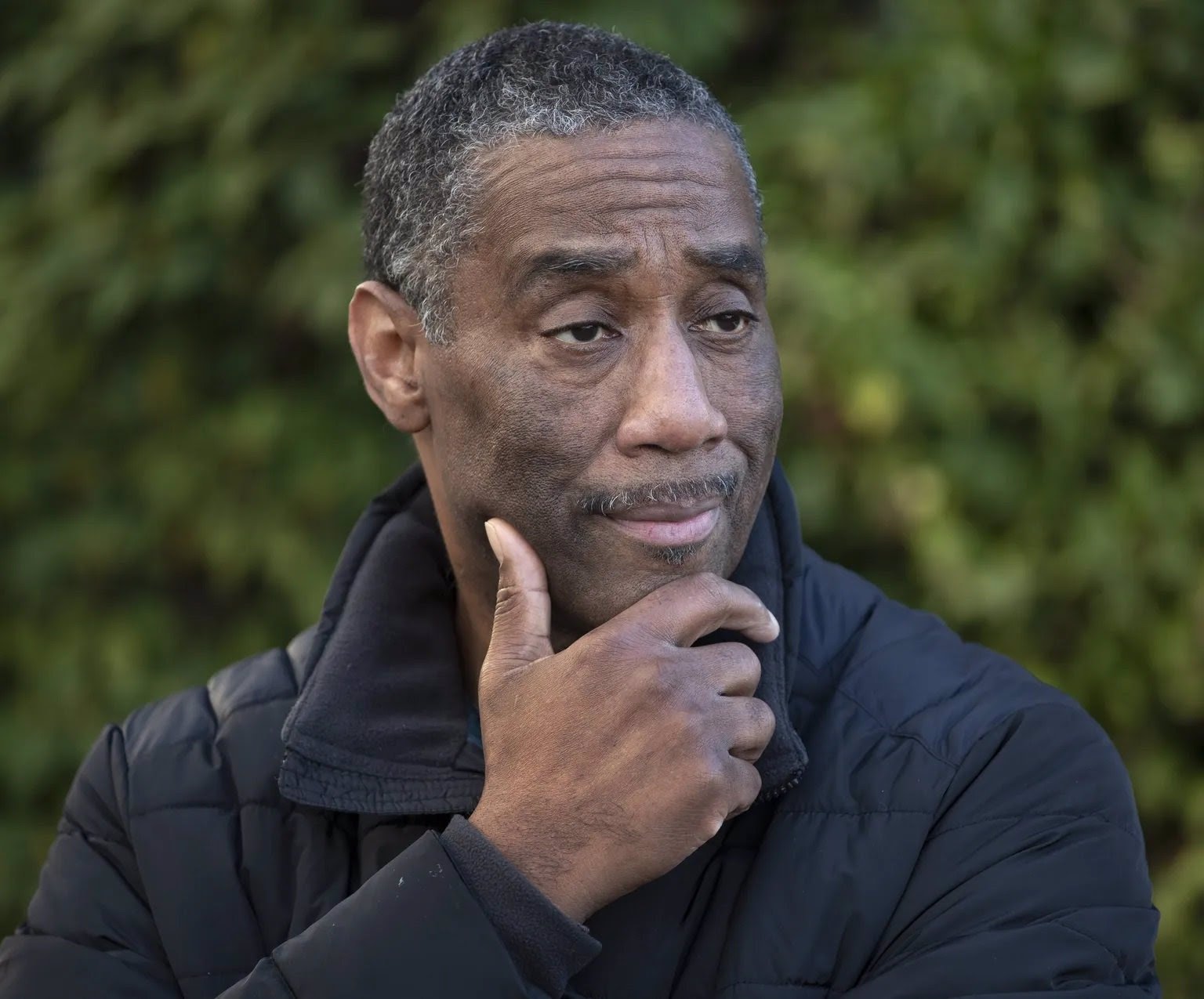Deep Dive: New Cannabis Bill Focuses on Improving Industry Diversity
Image: James Buchanan / Seattle TImes
House Bill 2022, currently in front of the state Legislature, is the latest in a series of bills aiming to address the inequality that has overshadowed the growth of the recreational cannabis market.
James Buchanan, pictured above, is the chief driver of this bill. As a Seattleite and cannabis retailer owner, he has a unique perspective on the inquality of the industry.
That inequality is quite stark once the actual numbers are reviewed. How stark? A pull quote from the Seattle Times article illustrates the issue.
According to a July 2021 self-identified survey from the state’s Liquor and Cannabis Board, 388 retail cannabis stores, making up 81% of the market, are white-owned, while 19 stores, representing 4% of the market, are Black-owned. On the producer and processor side, the racial gap is even wider: 85% of Washington’s cannabis is produced by 1,092 white-owned businesses, while just 1% is produced by 18 Black-owned businesses.
Buchanan frames this disparity with even more impact, asking, "“Why aren’t we getting an equitable amount of licenses, specifically in an industry that we were so harmed by and went to jail for consistently?”
House Bill 2022 addresses this inequality with a three pronged strategy, listed below.
1: The bill calls for 38 new retail and 25 new producer and processor licenses each year through 2029. This aligns with MJBiz' projected growth of the Washington industry from $1.7B in 2021 to $2.5B by 2025.
2: The bill also stipulates that these and any other new cannabis licenses may only be awarded to so-called social equity applicants until 2030, after which 50% of licenses must be awarded to such applicants.
3: The bill also allocates over $22 million annually to provide grants, low-interest loans and a mentorship program for social equity applicants, though a substitute version of the bill stipulates that only those who already have a license are eligible for much of the funds.
What's Next:
The Bill has baked in legislative momentum, as it follows many of the recommendations of the Social Equity in Cannabis task force that was created as part of 2020's House Bill 2870, which established the Marijuana Social Equity Program.
A few of the details in the bill regarding LCB approval and buffer zones are being debated, and opponents of the bill expressed concern about the new licenses saturating an already competitive industry.
However, it seems likely that the bill has enough momentum and precedent to make its way to the voting floor, with a solid amount of support for its passing.
Read More: Washington cannabis bill seeks to make industry more diverse, equitable [SEATTLE TIMES]

